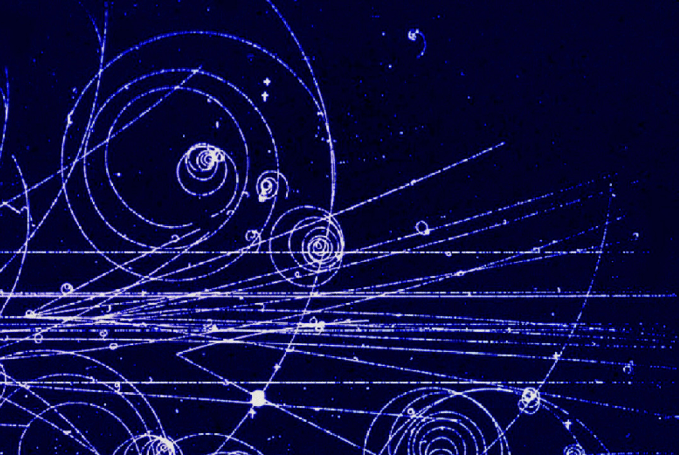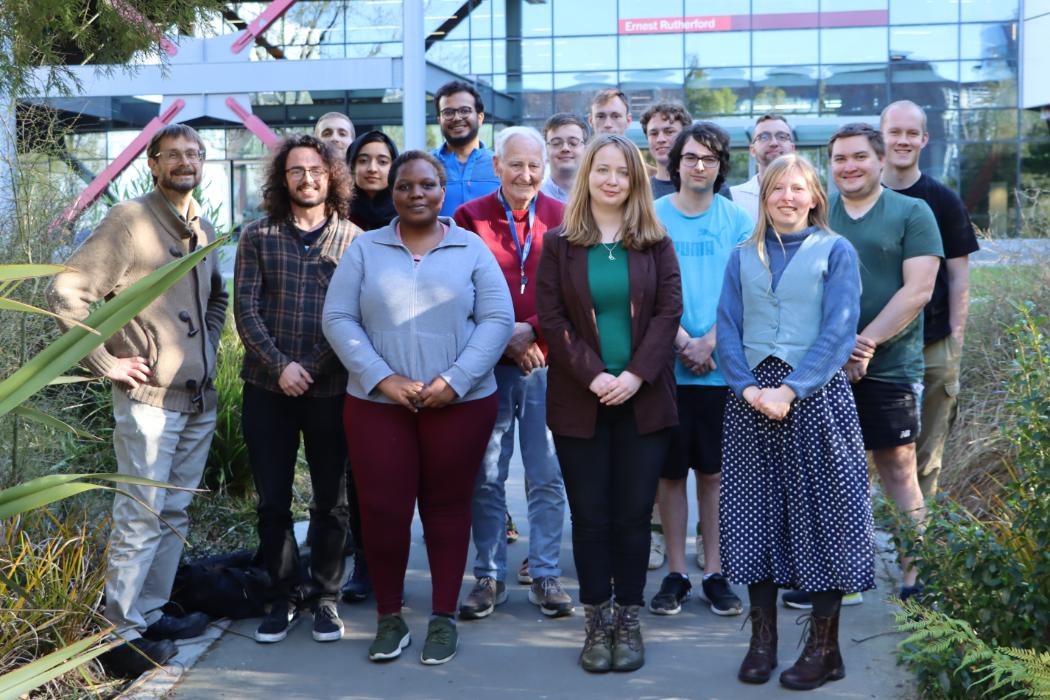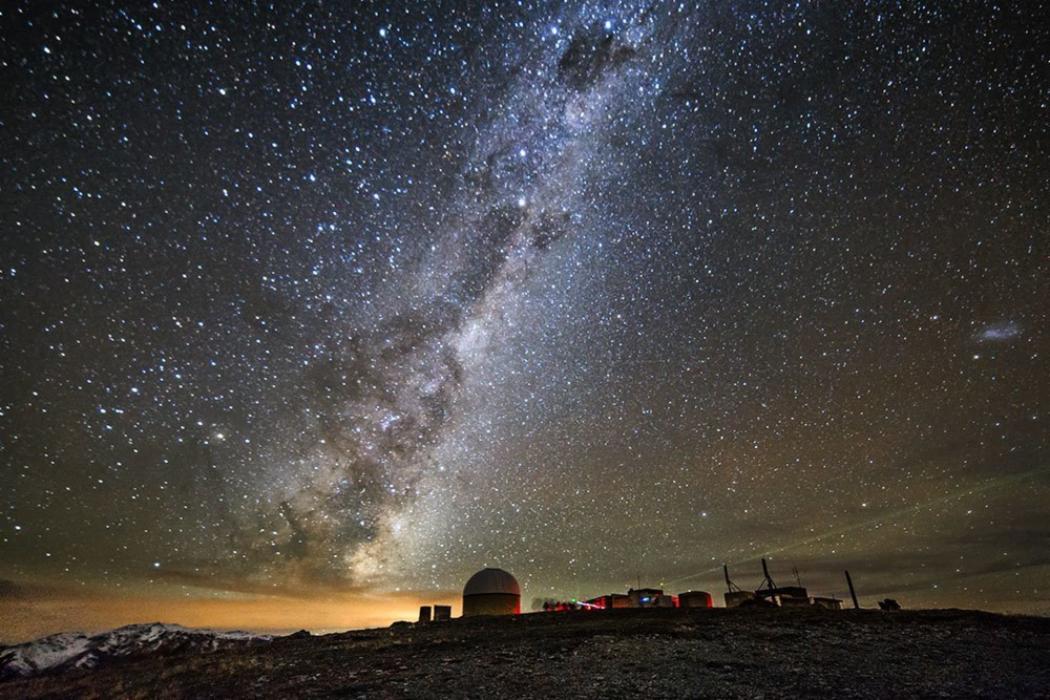

Physical and Chemical Sciences research
UC's graduate research programme offers an exceptional opportunity to talented students who are preparing themselves for careers in Astronomy, Chemistry or Physics.
Graduate training at Canterbury is aimed toward developing within each student the ability to do creative scientific research. The most important facet of the programme for a research student is his or her own original research project.
The opportunities for research are favourable and a research environment is encouraged by all staff, most of whom dedicate a large portion of their time to research and are concerned to ensure that the standing of the School is recognised in the international scientific community.
Our teaching and research areas are diverse and we boast many international links, offering research students an extensive network and career opportunities.
School of Physical and Chemical Sciences Research Groups.
Research Centres
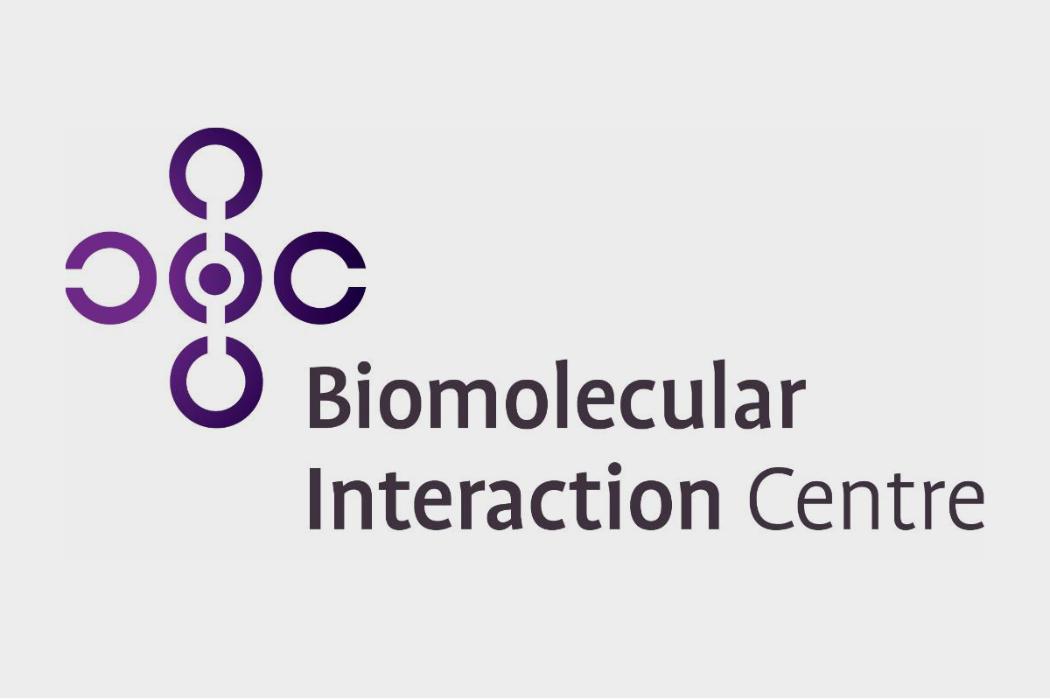
Biomolecular Interaction Centre
The Biomolecular Interaction Centre (BIC) is a multi-disciplinary research centre dedicated to the study of molecular interactions critical to biological function.
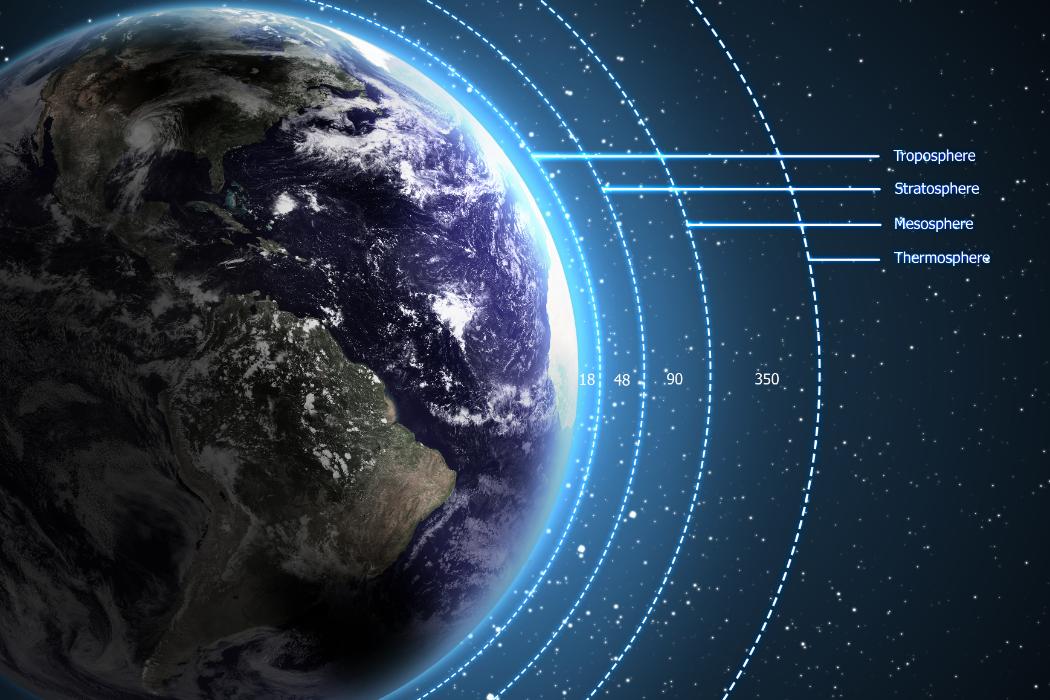
Centre for Atmospheric Research
The Centre for Atmospheric Research aims to co-ordinate UC research and teaching concerned with atmospheric science and to pomote high-quality atmospheric research.
Hear from our researchers
History of Mt John
Chris Monson from Earth and Sky shares some stories about America's involvement at Mt John.
Planet hunters
A team of UC astronomers have eyes on the universe - 24/7 (weather permitting!)
McLellan Telescope
Alan Gilmore shows us the 1m telescope at Mt John University Observatory in Tekapo
Black holes making waves around the universe
Professor David Wiltshire presents a lecture on black holes making waves around the Universe.
A (nano) chip off the old block
At a certain point, computer components can't get any smaller. How does the computer then continue to become faster, lighter, and energy efficient?
Hunting the elusive neutrino in Antarctica
University of Canterbury Physics and Astronomy Associate Professor Jenni Adams talks about neutrinos, and describes the huge neutrino detector, IceCube.
CNC Mill
Graeme explains one of the newest and most useful tools they have in the workshop.
David Wiltshire
David's main area of research is on explaining dark energy and developing cosmological models that do not require its presence to drive an expanding universe.
Karen Pollard
Associate Professor Karen Pollard is involved in researching 'The music of the stars' by looking at modes of non radial pulsations within the stars.
Anthony Butler
Dr Anthony Butler works on the MARS project at the University of Canterbury, New Zealand.
Rosanna's hooked on Chemistry
Rosanna talks about her Chemistry PhD.
Chris on life as a PhD student
Chris talks about his Chemistry thesis.
Controlled synthesis of titanium dioxide
Jan Yves PhD thesis on the controlled synthesis of titanium dioxide.
Prof Antony Fairbanks' Research: A new paradigm for organelle targeting
Professor Antony Fairbanks is working on a revolutionary drug-targeting system that could be used to treat a range of fatal, inherited diseases caused by genetic enzyme deficiencies.
